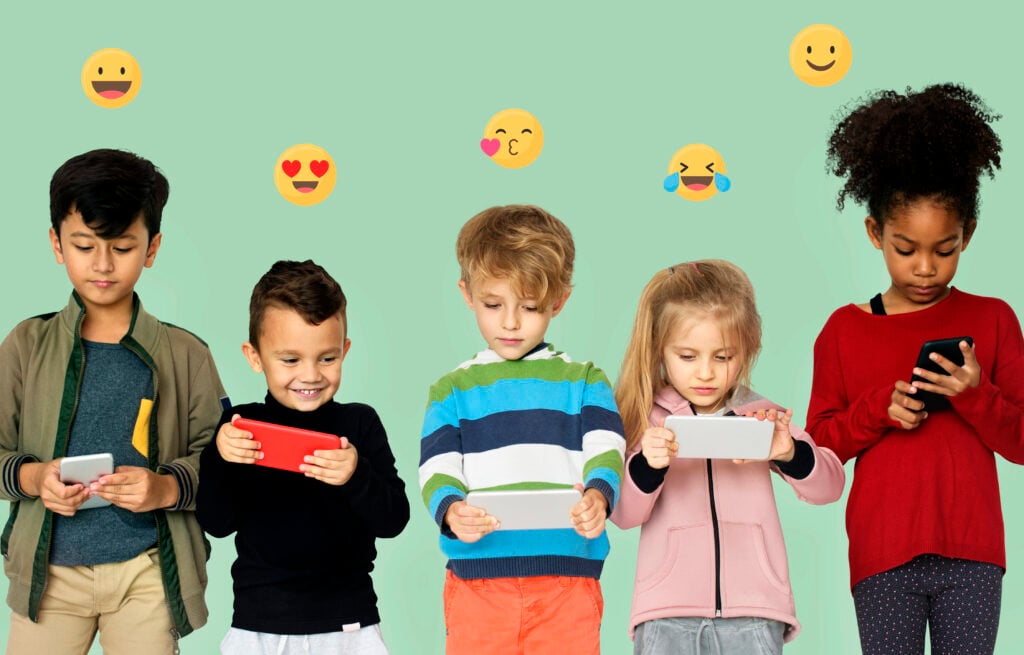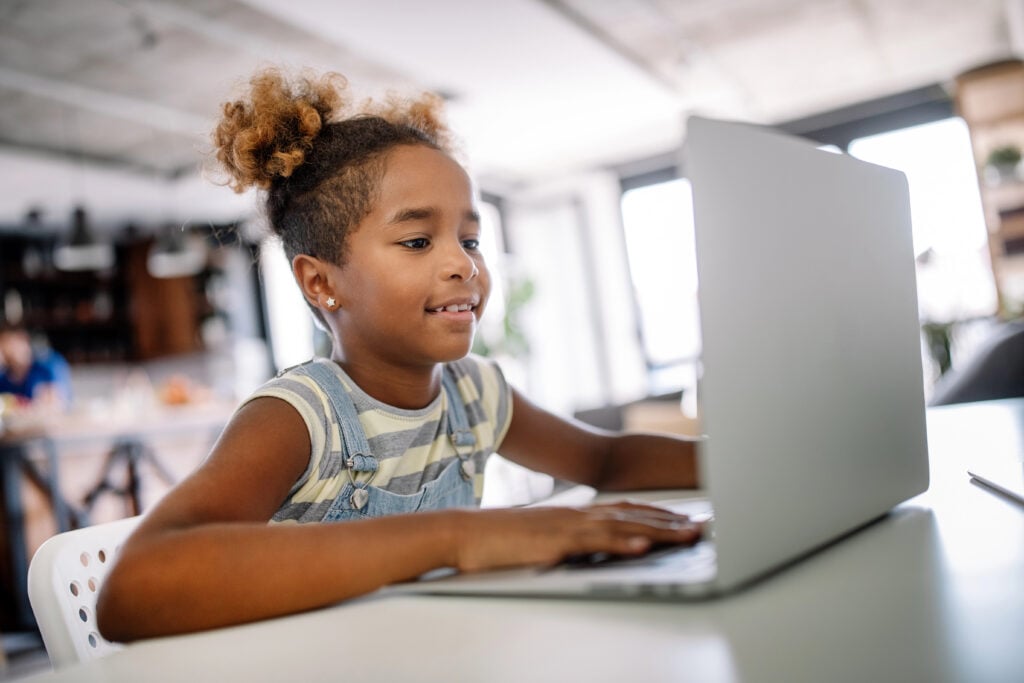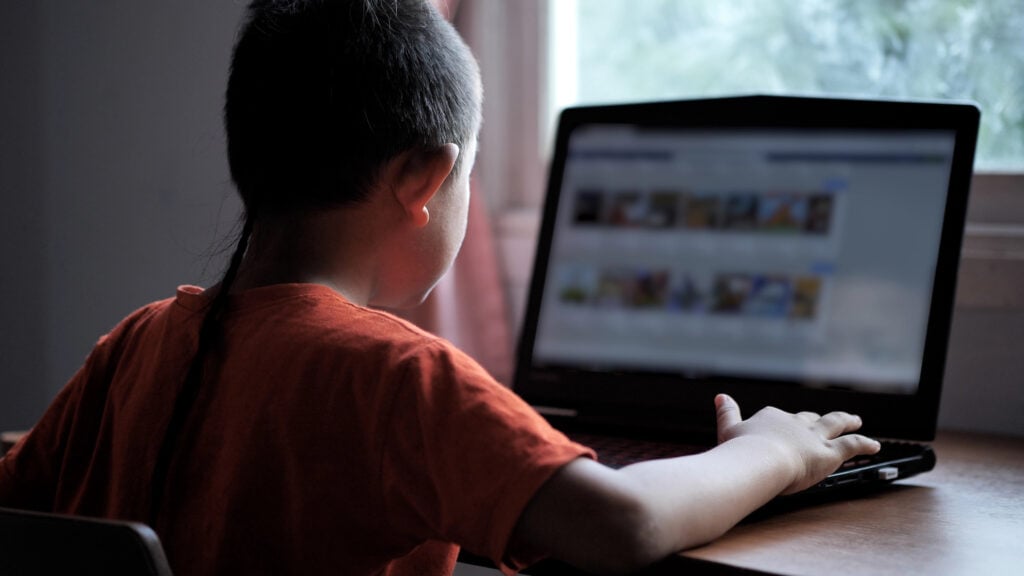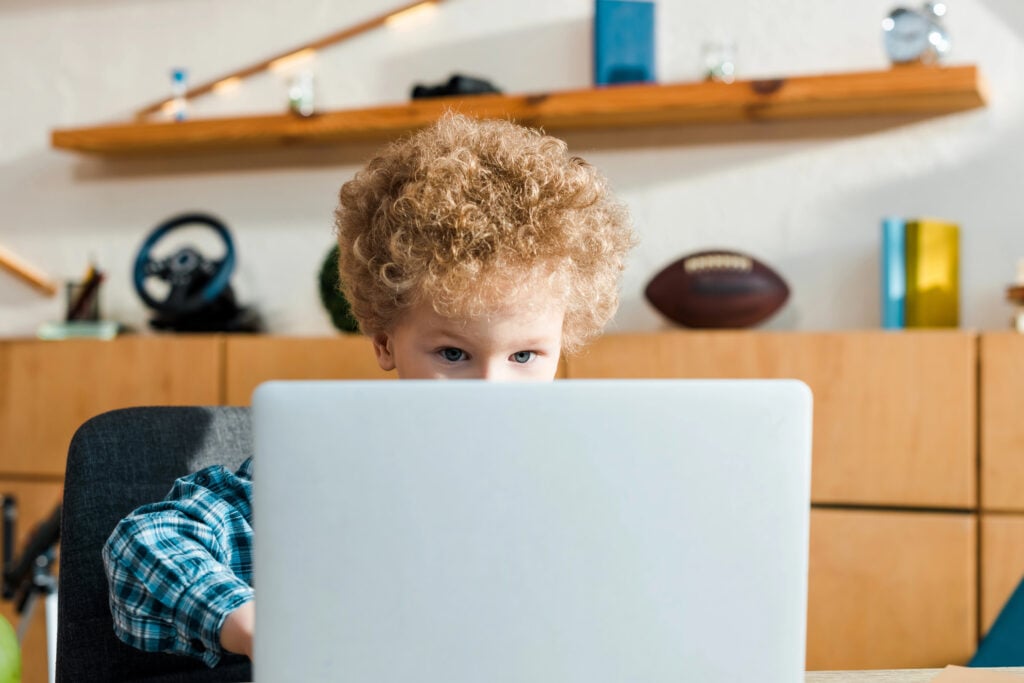
As a parent of two kids under ten, I don’t think there’s anything that scares me more than what might happen if I let them loose on social media. Having worked and lived online since the internet was only accessible via a 288kb modem (yes, I’m that old), I’ve seen how online life has evolved, for better and worse.
Social Media companies are arguably trying to help parents ease their kids online with special accounts and tools to limit access and contact. Still, anyone who’s spent 15 minutes online knows how to get around those restrictions. Heck, my seven-year-old already knows how to disable most of Apple’s parental controls on an iPad, and she still needs to be reminded to put on socks.
I’ve seen the bad and I’ve seen the worst when it comes to bullying, body image, social shaming, and screentime addiction, but I also know that their entry into the virtual world is inevitable. Clinical psychologist Kimberly Burkhart, PhD, of University Hospitals Rainbow Babies & Children’s Hospital, says the average age for children to establish their first social media account is just 12 and a half years old.
At some point, our children will inevitably end up on social media. Hence, they need to understand how to navigate safely, think critically, and not be afraid to talk about what they encounter online. But even as a “first-generation” internet parent, I struggle with how to teach them those things.
Taking An ‘All Or Nothing’ Approach Could Encourage Secrecy

Recently, the Australian government passed the Online Safety Amendment (Social Media Minimum Age) Bill, which will take effect in December 2025. This bill will make it illegal for young people under 16 to access major social media platforms. However, most social media platforms already have policies stating that no one under 13 may use their platforms. These policies often go ignored and unenforced.
If devices and online accounts are outright banned, I worry it will only lead my kids to use social media in secret. Speaking from personal experience, if an adult tells them not to do it, kids’ immediate instinct may just be to try and figure out a way to make it happen.
The Australian Bill is a reasonable attempt to protect kids. Still, as Psychology Today pointed out, there are often benefits to social media that go overlooked or underused for kids and teens, specifically fostering teen friendships and support, when “enhanced by parental involvement and digital skills.”
Balancing The Good With The Bad

We know that Social Media is rife with harmful content, bad actors, and malicious intent, but can we afford to keep our kids from the potentially good things Social Media and an online presence can bring?
Research published in ScienceDirect in 2022 found mixed, inconsistent evidence that social media worsened well-being. They found many positive aspects of being online, which, while fairly person-specific, can be beneficial.
Social Media, especially for teenagers, can foster connection, inspiration, and community when used correctly. But as we all well know, the road to social media hell is paved with good intentions and bad actors.
The Fear For Parents Has Shifted

When I was a kid, my parents’ biggest fear was that I and some of my less-than-reputable friends and acquaintances would get into trouble doing something stupid. It was a fear that I justified for them on more than one occasion, but it isn’t the fear I face today as a parent.
Today’s fear isn’t about friends pressuring my kids into doing something stupid; it’s about grown adults — strangers — who may try to contact them and convince them of things their youthful minds might believe. “Stranger Danger 2.0” is rampant across the internet, in every corner of social media and online life.
This fear and the conflict it presents for parents arguably isn’t new. How many of our parents proudly tell people that in their day, they sent us youngsters outside to play until the streetlights came on, while simultaneously warning us that a stranger was lurking around every corner waiting to kidnap us, or worse?
I think the difference is that, in our global digital age, we know for a fact that the stranger looking to cause harm isn’t lurking. They are out there, sometimes in plain sight, running multiple accounts on multiple platforms and contacting as many potential victims as possible.
What Can Parents Do?

Even though most parents today have grown up with the internet, in terms of parenting, it’s still relatively new. There aren’t decades of generational knowledge and data to draw from, so in a lot of ways, we are making it up as we go along.
The only thing we can really do is talk to our kids about social media and the internet in cautionary, but not terrifying terms. Let them know some of your own experiences. Parents often want to seem bulletproof to their kids, but the reality is that most of us have encountered scams and immoral actions on the internet. Admitting, “Yeah, they got me too,” goes a long way toward showing your kid they aren’t alone and can talk to you about it.
Psychology Today also suggests talking about how algorithms and safety tools work, and having protocols in place for what they should do when (not if) they encounter harmful content or contact. This is a good way to keep kids alert online. Learning with them how harmful content is made and distributed can also help them build a strong online foundation.
I used to think I had plenty of time to prepare my kids for the online world. But now in 5th grade, my oldest has her own iPad, and the internet is at her fingertips. My 2nd grader can navigate YouTube better than I can.
These conversations need to happen — and fast —because, at the rate the world, especially the online world, moves, I don’t want them to leave me behind. These skills can’t really be retroactively taught, so my wife and I are making it a point to do it now while they still think Mom & Dad are still relatively “with it” and able to help.
